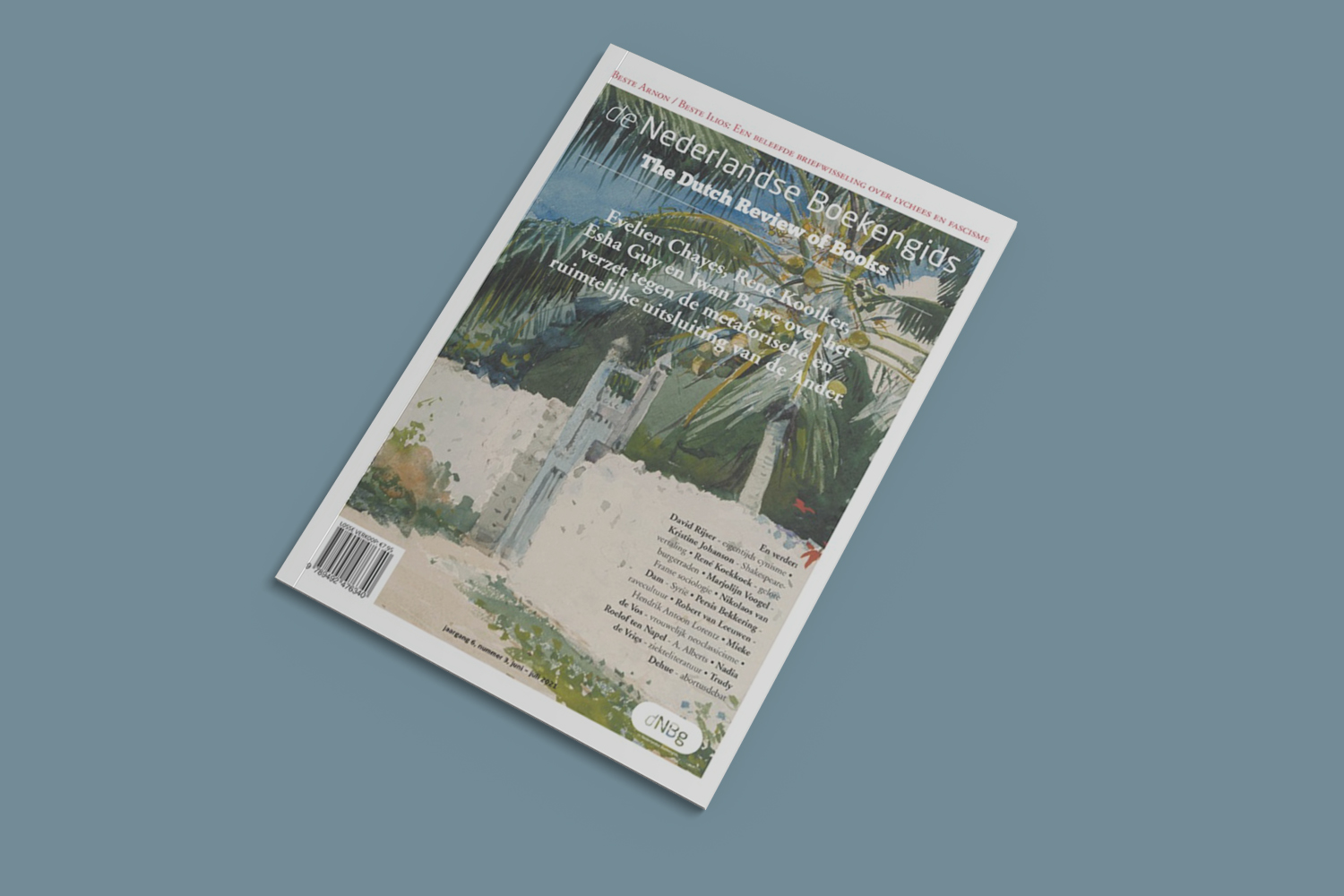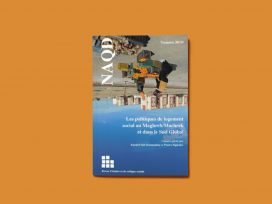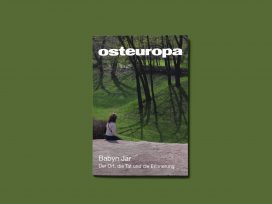‘The Dutch Review of Books’ questions the Other’s spatial and metaphorical exclusion: how might Reformation-age humiliation relate to COVID-19 conspiracy; and what connects slavery and ecology in Martinique. Also, on a different note: the political potential of the rave on inclusion, missed in times of corona.
Parables of social housing
NAQD 38-39/2020
Revealing testimonies
Osteuropa 1-2/2021
Escaping bounds
The Dutch Review of Books 3/2021
Subscribe to our weekly newsletter
The corona pandemic has been variously compared to ‘medieval’ outbreaks of the plague. Evelien Chayes in the Dutch Review of Books states that the historical period has been poorly chosen: in her opinion, the plague presents one of the least interesting overlaps. Instead, Chayes proposes the ‘long sixteenth century’ of the Reformation as a more apt age for comparison. The reformist/protestant turn away from externalized, ritual rules of religious conduct and hygiene towards the individualization of faith and moral cleanliness radically changed the way western, Christian society kept its borders.
Within the context of Erasmus and protestant uprisings on Cyprus, Chayes examples one such border-making act: the Florence ghetto, where Jews were forced to live, together with prostitutes, in the stench of the city’s cattle-markets. The historian reflects on how this metaphorical and spatial humiliation, the association of the Other with disease and uncleanliness, is still alive today: contemporary conspiracists, who point with antisemitic fervour to George Soros as the pandemic’s originator, should come as little surprise, says Chayes.
Marronage as ecological and decolonial resistance
Climate disruption and racism have more in common that we may think, claims Martiniquan ecologist and philosopher Malcom Ferdinand. In his book Une écologie décoloniale, Ferdinand discusses the marrons (maroons), who managed to escape from colonial American plantations to survive in forests. In an interview with Esha Guy Hadjadj, Ferdinand presents ‘marronage’ as a potentially viable, decolonial world model based on ecological principles.
An endless succession of nows
After over thirty years since the first rave, one might expect the underground culture to have made an impact on literature. But that would fail to acknowledge the rave’s special nature, suggests Persis Bekkering. Indeed, how can one write about something that is more like a wordless state of being than an event, asks the avid raver and novelist.
All too often, when nightclubs appear in novels, they are a depressing, hollow backdrop to some protagonist’s quest for meaning, a rite of passage. Bekkering’s assessment of two books on rave – one by Rainald Goetz, the other by Thomas Meinecke – therefore teases out an ‘anthropology of the night’, addressing the utopian political potential of this phenomenon that deconstructs the individual with sound and movement.
This article is part of the 11/2021 Eurozine review. Click here to subscribe to our weekly newsletter to get updates on reviews and our latest publishing.
Published 7 July 2021
Original in English
First published by Eurozine
© Eurozine
PDF/PRINTNewsletter
Subscribe to know what’s worth thinking about.
Related Articles

Crises past and present
Vikerkaar 6/2025
Vikerkaar on why grey rhinos are riskier than black swans when it comes to epochal crises; how the Estonian government averted a crisis of state by crushing fascism in 1934; and why Estonia’s AI enthusiasm may provoke a crisis of education.

Outrage and moral panic have become driving forces in global politics – but what role should emotions play in democratic governance? On the new episode of Standard Time, researchers examine the influence of moral emotions and their implications for political life.








